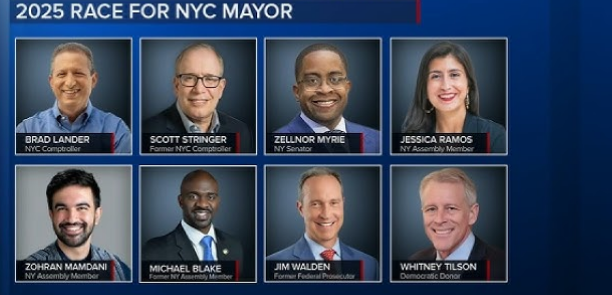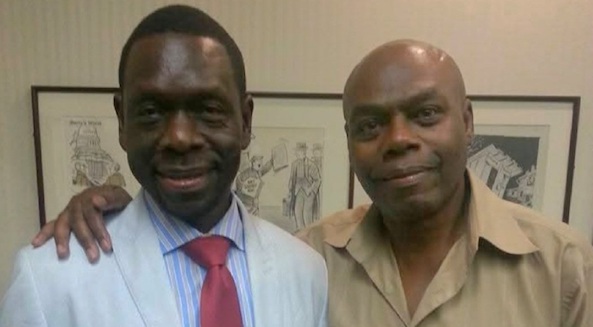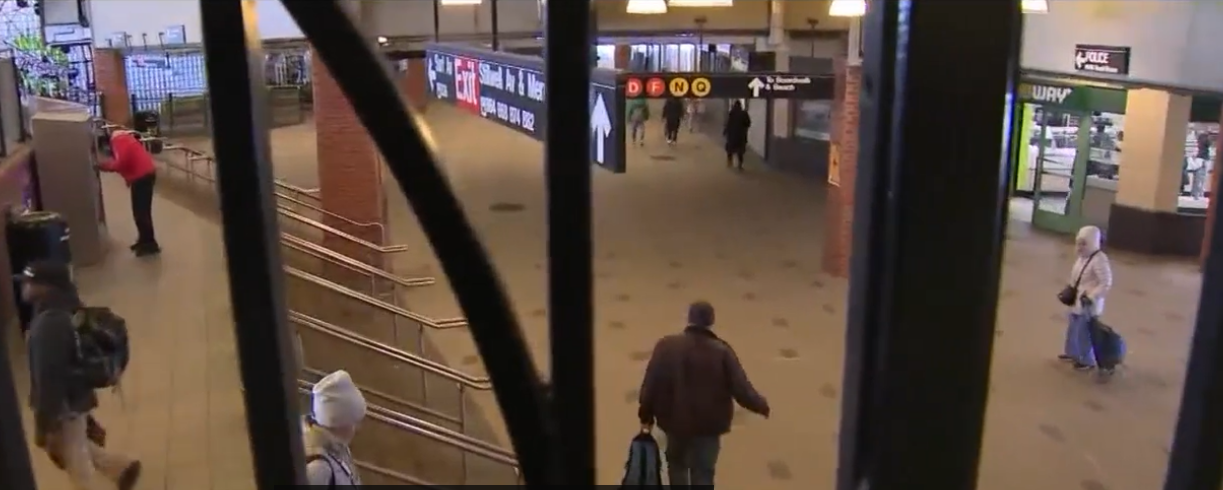[New York Civil Liberties Union]
NYCLU: “The repeal of 50-a opened the door for an unprecedented level of transparency into how police departments across New York have policed themselves and handled officer misconduct.”
Photo: NYCLU
Tuesday the New York Civil Liberties Union, with pro bono counsel from Latham & Watkins LLP, Milbank LLP, Shearman & Sterling, and Kirkland & Ellis LLP, filed state Freedom of Information Law (FOIL) requests with ten police departments statewide requesting data about police misconduct with a particular attention to the appearance of patterns of race-based policing.
“The repeal of 50-a opened the door for an unprecedented level of transparency into how police departments across New York have policed themselves and handled officer misconduct,” said Phil Desgranges, senior staff attorney at the NYCLU. “Policing as we know it is broken, and it is built on what appears to be the pervasive, damaging and persistent patterns of criminalization of Black and brown communities. To move forward, we need to see how individual police departments have addressed officer violence and misconduct.”
The groups are seeking data about officer misconduct allegations, use of force and stop and question policies, detention records, enforcement actions, surveillance equipment and practices, and officer diversity. The NYCLU’s chapter offices will guide the collection of information from each department. The goal of the project is to analyze the data, and, where indicated, shed light on race-based practices, seeking law enforcement policy reforms statewide that achieve fairness, transparency, and equity.
Shearman & Sterling filed requests with the Buffalo County and Rochester Police Departments; Latham & Watkins LLP filed requests with the New York State, Syracuse, and Troy Police Departments; Milbank LLP filed requests with Nassau County, Freeport, and Hempstead Police Departments; and Kirkland & Ellis LLP filed requests with the Suffolk County and Yonkers Police Departments.
The requests focus on the release of public records specifically authorized to be disclosed under New York’s FOIL after the repeal of 50-a, a statute of the state civil rights code that was misinterpreted for years to bar the disclosure of police misconduct records. The repeal of 50-a made vast amounts of records and data on police accountability publicly available, including records of unsubstantiated and pending allegations against officers.
“This project is an immense undertaking, and we are so grateful to our law firm partners, without whom this would not be possible,” said Lisa Laplace, senior staff attorney at the NYCLU. “Unfortunately, many with police leadership and police unions have fought vigorously to block the public release of this information, but police transparency is now clearly codified in the law. They cannot continue to hide the scale, nature, and handling of police misconduct in New York.”
In the months since the repeal of 50-a, police unions have already mounted challenges to bar misconduct information from being made public. In New York City, a federal court rejected a challenge from unions to block the release of information obtained through a FOIL request from the CCRB in a lawsuit involving the NYCLU. As a result, the NYCLU published NYPD misconduct complaint data from the last 35 years. Latham & Watkins assisted the NYCLU as co-counsel in the New York City litigation. In Buffalo, the NYCLU is intervening in a police union lawsuit that seeks to block the release of police information, in partnership with Shearman & Sterling.
In 2018, the NYCLU released Behind the Badge New York, a report analyzing the FOIL results from 23 police departments retrieved over the course of three years. 15,600 pages of documents revealed that departments have very few rules in place to govern the conduct of officers.








